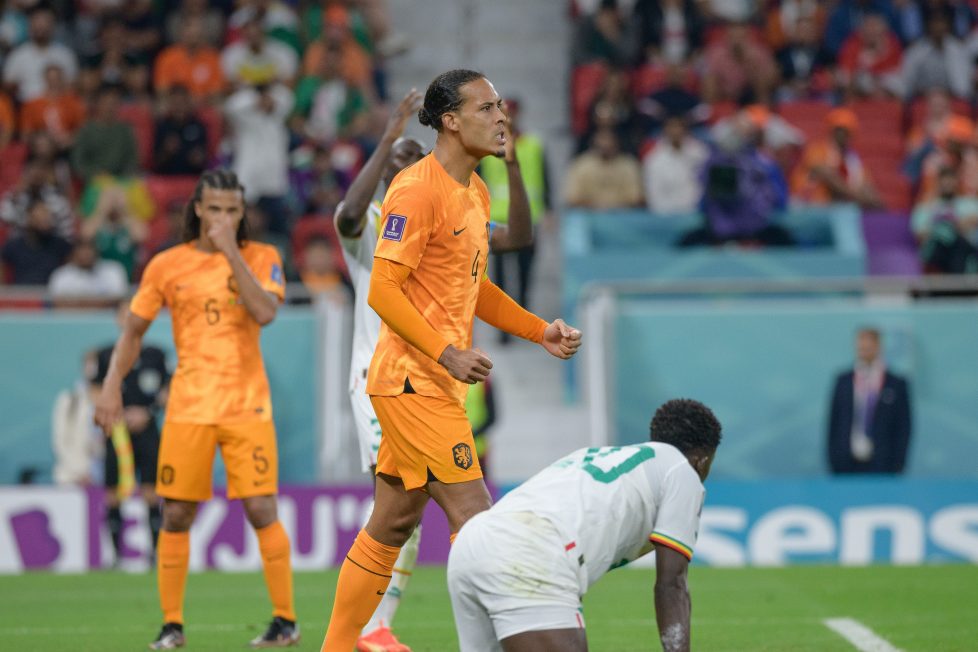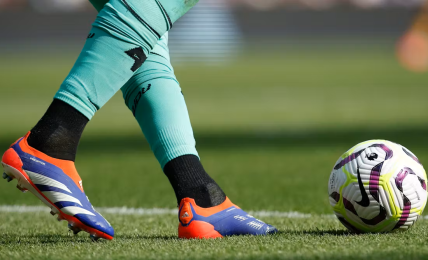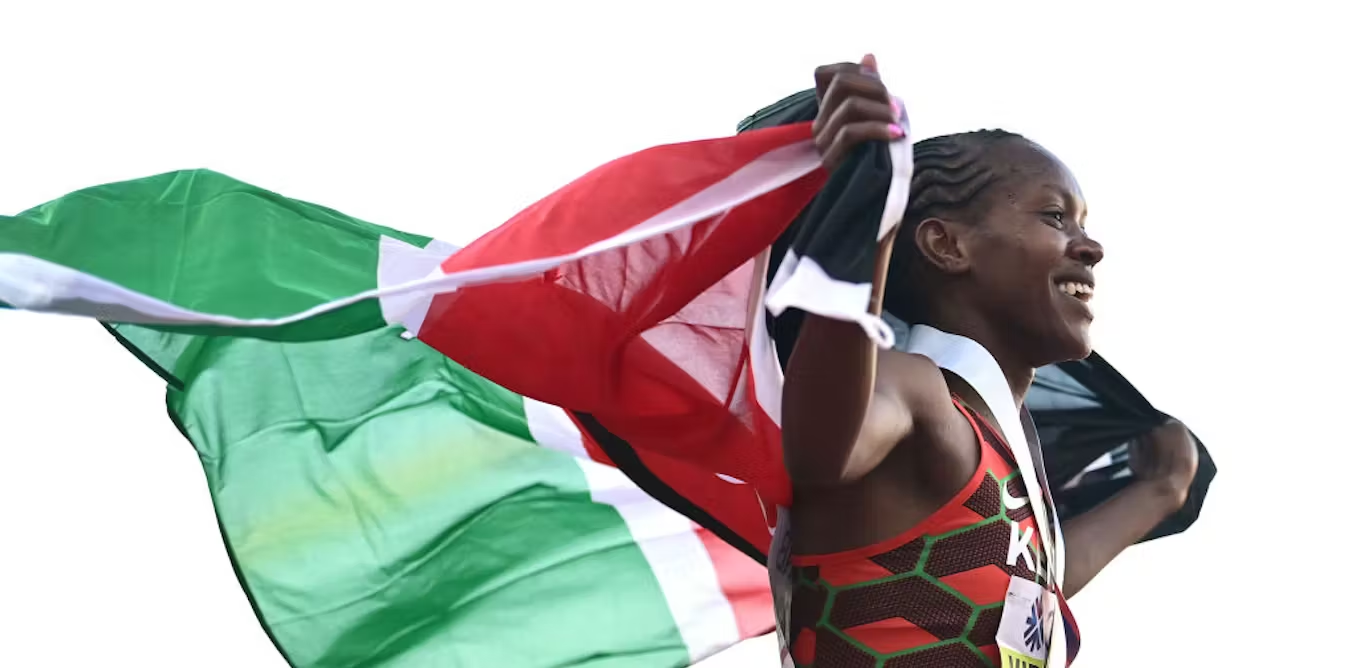World Cup 2022: From Morocco to Cameroon, African Teams Claimed New Records in Qatar
Morocco became the first African team to make the World Cup semi-finals following their win over Portugal. But other African teams, despite being eliminated, have also made and broken records in the tournament.








